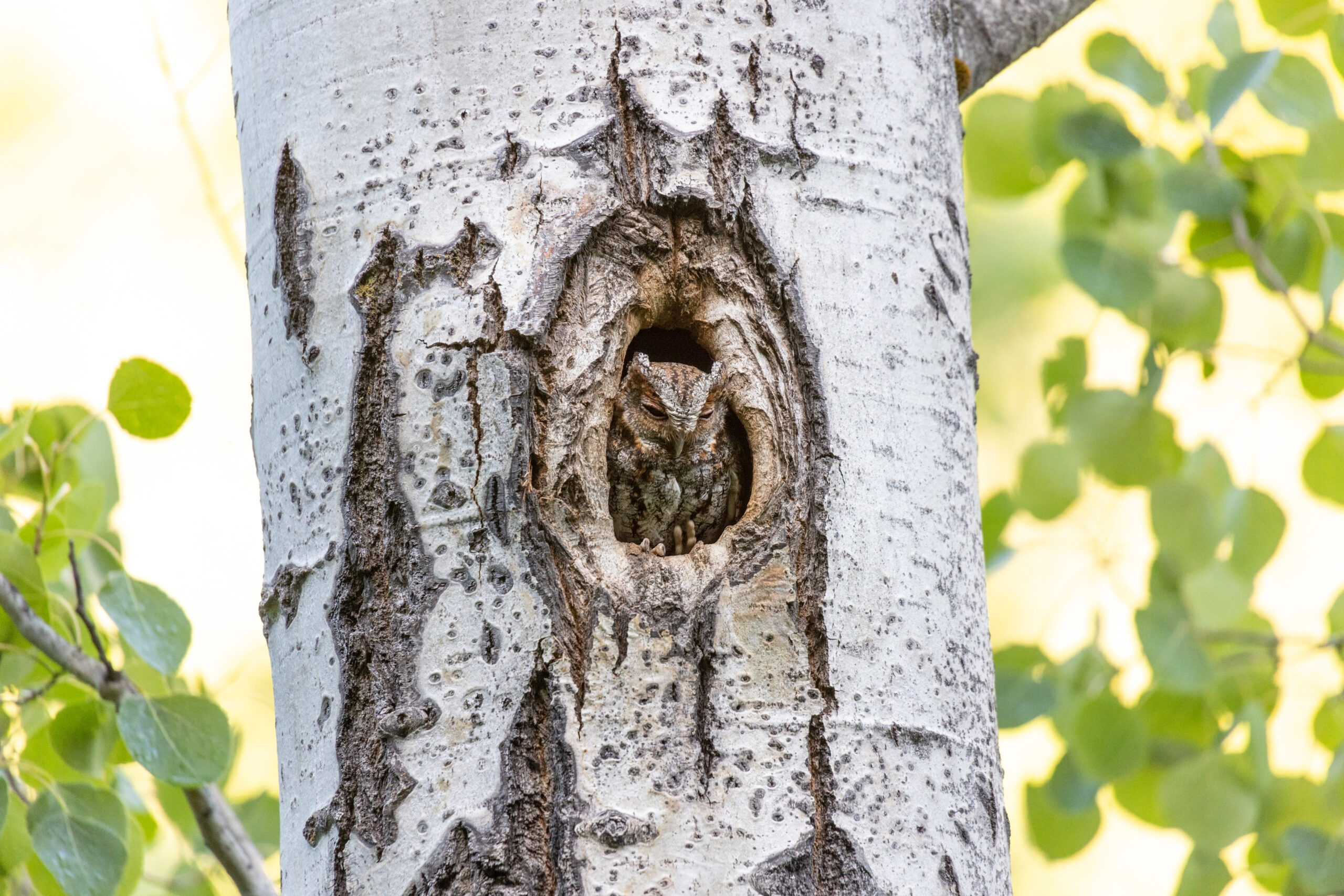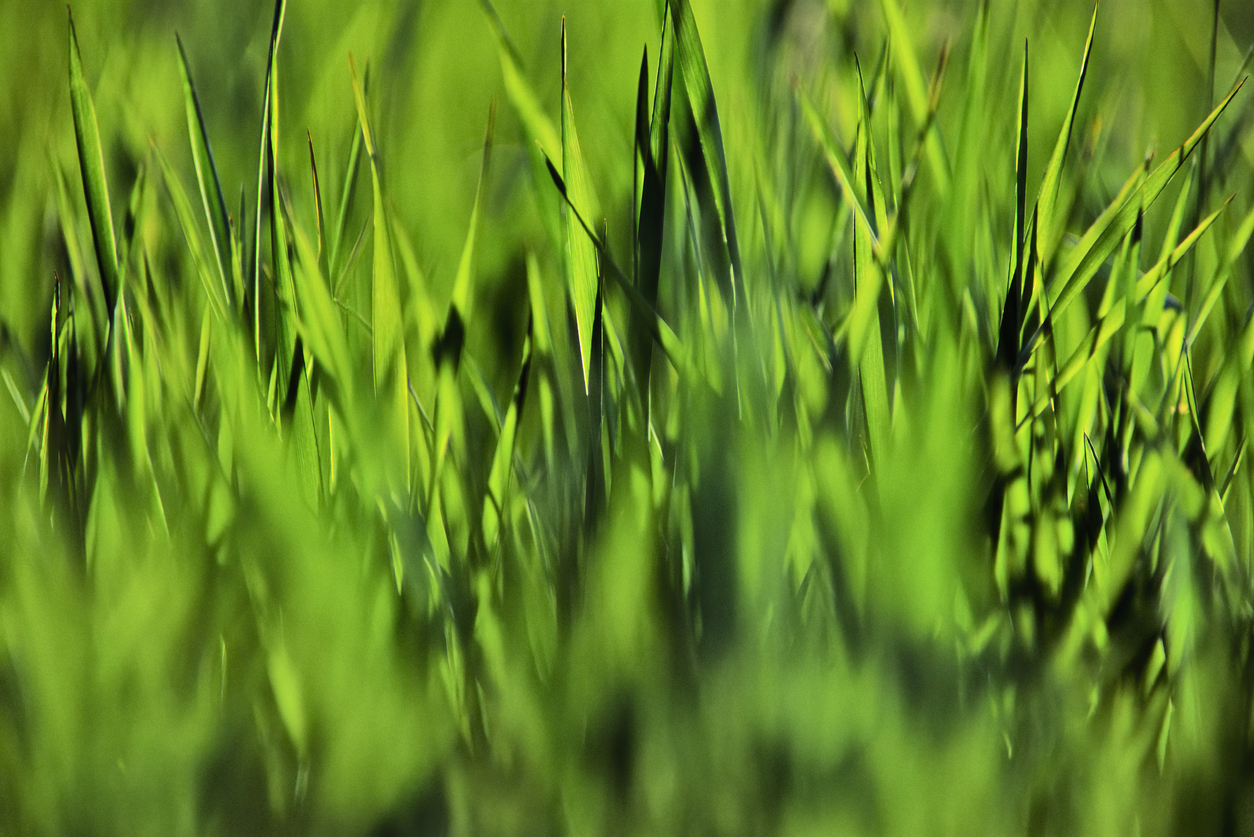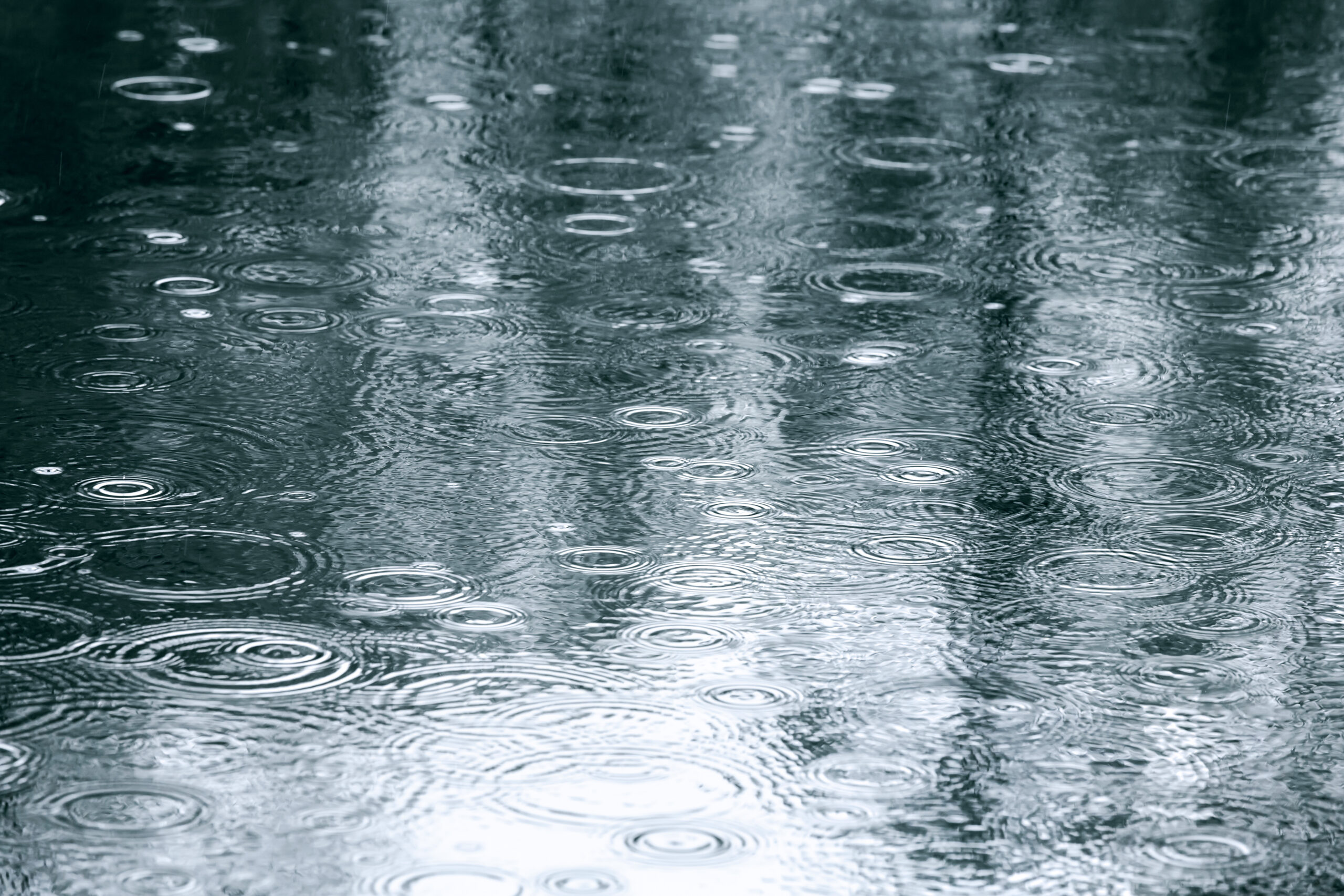Story by Alysha Carusi
Should your crispy lawn earn you cash?
It did for three Chilliwack residents in October 2023 who got serious about Stage 2 Water Restrictions Water RestrictionsIn times of water scarcity, Metro Vancouver's stages 1 through 4 of restrictions help us save drinking water by controlling activities like lawn watering, washing impermeable surfaces, and filling pools.Learn about the different stages amidst summer drought.
The ‘Ugliest Lawn Contest’ was launched in June 2023 and offered $300 in prizes to encourage residents and communities in the Lower Mainland to follow water conservation efforts by having a bit of fun.
Municipalities of Abbotsford, Mission, and Port Coquitlam also joined in by running similar contests to encourage a focus on care versus aesthetics for our future.
Karin England, landscape architect with Metro Vancouver parks, shares the reality that “lawns are not a natural system, they’re a human invented thing.”
And many people don’t realize they’re watering their lawns, washing their cars, sidewalks, bodies and flushing their toilets with drinking water.
So, during times of drought, there isn’t a drop to waste.
Brown lawns are likely to become the new summer norm as low water levels threaten to make ornamental gardens and lush landscaping an unnecessary luxury.
Living through the climate crisis can often feel like a series of decisions that pit homegrown bouquets of water-hungry roses against a thriving future.
A video shared on social media shows just how devastating the effect of the BC drought is having on freshwater rivers: thousands of dead salmon were found in Neekas Creek summer of 2022.
Conservation Manager William Housty said “the conditions have been so dry lately that the salmon are dying either because the rivers are dried up or the salmon cannot travel up the rivers at all and end up dying while waiting.”
This harsh reality illuminates the necessity of Stage 5 Water Bans and the frivolousness of well-manicured lawns or cars when ecosystems are hanging in the balance.
Weathering Weather

Can you predict the weather, and how it will be shaped by the changing climate?

How do BC plants and animals navigate extreme weather events?
New Workshop
What idea does landscape architect Karin England share about lawns?

If BC's winters are wetter, why are summers drier?
Explore
Apart from human activity, what is causing our rivers to be so dry?
El Niño and La Niña
“The frequency and duration of summer drought events are expected to increase over much of southern BC [and] precipitation is expected to fall in fewer, larger events,” says the Government of BC.
These extremes are brought on by El Niño (warming) and La Niña (cooling) weather patterns, in other words, drought-filled summers and harsher winters.
The preservation of ecosystems and water reserves rely on consistency.
Think of it like this: the average human can go about three days without water before function becomes compromised, not bad, but would you want to experience three days without water every single week even though you’d survive? Likely not. It would take a toll on your body, not to mention your nervous system to be put into that much stress so often just waiting for your next drink. The same is true for our environment.
El Niño creates a warmer, low-pressure climate which makes drought more severe during the summer months. The intensity of drought is catalyzed during the winter months when La Niña wetness rolls in.
Drought conditions make trees more brittle and likely to topple power lines during aggressive wind and rain-storms in the winter months, which are becoming more frequent.
Proactive vs Reactive to Drought
BC is expected to have more record-breaking heat and drought-filled summers.
Ugly brown lawn contests allow us to embrace some levity amidst uncertainty, but what else can we do to preserve our most essential resource?
Oliver Brandes, Ecological Co-Director at University of Victoria, encourages residents and communities to see water conservation not as a voluntary act but instead, a mandate.
The Stage 2 ban was not enforced until June 23, 2023, but Brandes says, “(W)e knew it was coming in May, so where were the orders? Where were the fish protection orders, the critical flow orders? Where were the enforcement actions on unregulated groundwater users? We’ve got all these wonderful tools. Use them.”
Awareness is no longer the issue; action is.
For British Columbia to stay beautiful and vibrant, there’s a need now more than ever to tap out of excessive water use. It's one step toward protecting the ecosystems bearing the largest burden of climate change.
Curious for more science about water and climate change?
Explore solutions for regenerating our planet on Change Reaction.
